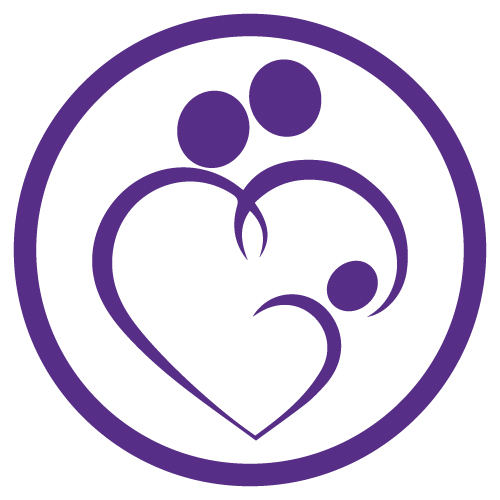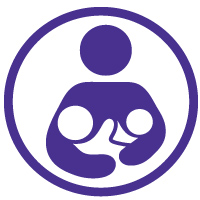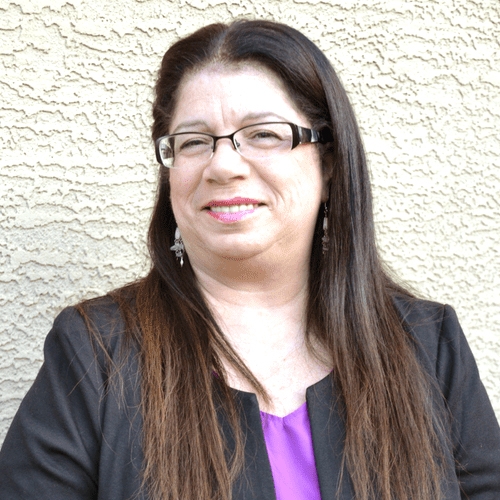 Human Donor Milk Online Course(s) & Continuing Education
Human Donor Milk Online Course(s) & Continuing Education
Access the latest clinical skills and research for Human Donor Milk for Lactation & Breastfeeding professional training. These Human Donor Milk online courses provide practice-changing skills and valuable perspectives from leading global experts. This Human Donor Milk education has been accredited for a variety of CEUs / CERPs and can be accessed on-demand, at your own pace.
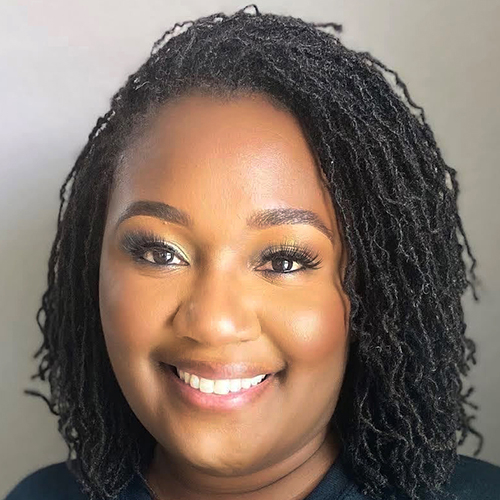

Courtney Polk is a registered nurse and International Board Certified Lactation Consultant. She is a native of New Orleans but currently resides in Dallas, Texas with her husband and their 2 children. Since graduating from Southern University School of Nursing in 2006, Courtney began her nursing career in labor and delivery and went on to earn a masters in nursing education in 2012. It wasn’t until having her son in 2014, and experiencing breastfeeding for herself that lactation became her focus and passion. Since becoming board certified she has helped countless families in the Dallas-Ft. Worth metroplex area meet or exceed their breastfeeding goals. Courtney is also the current president of the Dallas Lactation Consultant Association.
Donor milk is often an underutilized resource. Human milk donation has happened since the beginning of time through wet nursing and bottles. There are many reasons babies may need extra nutrition that their parents temporarily may not be able to provide. When supplementing becomes necessary donor milk can be a viable and sustainable option. However, many parents they have never heard of it and/or they don't know where to get it. Also, many parents have an abundance of milk and may not know what to do with it. This presentation will focus on how lactation professionals can do a better job of promoting donor milk and thereby promoting exclusive breastfeeding.
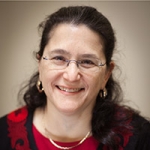
Getting Milk to Babies: Social, medical, economic and commercial forces

Naomi Bar-Yam, PhD, ACSW, has been working in maternal and child health for over 30 years as an educator, researcher, advocate, and writer. She is the immediate past president of the Human Milk Banking Association of North America (HMBANA) and the founding director of Mothers’ Milk Bank Northeast, which provides safe donor milk to hospitals and families throughout the northeastern US. An expert on access to perinatal health care and policies that support breastfeeding, she has been a consultant to the Centers for Disease Control (on a panel that created “The CDC Guide to Breastfeeding Interventions”), to the United States Breastfeeding Committee (developing an issue paper addressed to CEOs and legislators on breastfeeding and the workplace), and to the March of Dimes (developing educational material for women and families who are medically and socially vulnerable to high-risk pregnancy). She also developed a curriculum for hospital personnel about combining breastfeeding with their work. She reviews articles submitted to the Journal of Human Lactation, Breastfeeding Medicine, and other publications related to breastfeeding, milk banking, and access to perinatal child care. As Executive Director of Mothers’ Milk Bank Northeast, she is thoroughly versed in the technical, procedural, and ethical aspects of milk banking. She often speaks at professional conferences, hospital staff trainings, and grand rounds about milk banking and breastfeeding policies.
Topic: Ethical Concerns in Human Milk Exchange - [View Abstract]
Topic: Getting Milk to Babies: Social, medical, economic and commercial forces - [View Abstract]
Topic: The Whys and Hows of Using Banked Donor Milk - [View Abstract]
Successful infant feeding is crucial to the survival of babies and the human race. Throughout history and across the world, societies have had to address alternatives to maternal breastfeeding. We will present an overview of the history of infant feeding, including the forces involved in the decline of breastfeeding and wet nursing and the rise of “scientific” infant feeding, commercial infant formulas and milk banking. We will also define and discuss milk kinship practiced in Islam and throughout the Far East and Middle East. We will cover as well the forces and organizations involved in the rise of breastfeeding, milk sharing, and milk banking over the last 2-3 decades, and the social, economic and commercial forces impacting infant feeding today. We will conclude with a discussion of how history can help us understand and influence future trends.
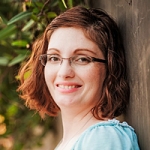

Dr. Bond is a trained laboratory and social scientist currently studying the social and public health impacts of shared human milk. Specific areas of interest include development of the microbiome of the infant, immunological responses from the parent and infant, impacts of non-parental human milk on development of the immune response and microbiome, and risk abatement practices by participants in private arrangement milk sharing. She has been specifically trained in health disparities sciences and engages in research with a perspective on social justice, gender equity, and health equity. As a Hawaiian and Cherokee heritage scholar, she has a particular passion for colonial impacts on infant care and feeding practices.
In the absence of adequate banked donor human milk for distribution to all infants in need, many families choose to engage in the practice of Private Arrangement Milk Sharing (PAMS), partially facilitated through social media, to procure human milk for their infants. Evidence regarding the participant and infant characteristics, and risk abatement practices is limited. This presentation explores the state-of-the-science of PAMS, characteristics of recipient participants and infants, donor screening practices, and risk abatement strategies. Results are contextualized with a socioecological framework of factors affecting infant feeding practices. Influence of health care providers, lactation support, birth attendant, and sources sought during decision making and the impact of these influences on supporting families are discussed.
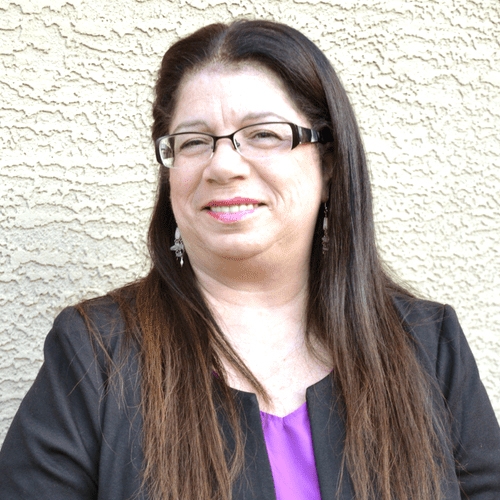

Lori J. Isenstadt, IBCLC, CCE, CBD, began her IBCLC career in 2 large hospitals and a local breastfeeding clinic. In 2007, she opened her practice, All About Breastfeeding, offering private consultations, and breastfeeding classes. Her expertise ranges from basic breastfeeding through the most complicated of breastfeeding challenges. In the last 30 years, Lori has taught breastfeeding classes to over 8000 parents where she focuses on what they should expect in the early days of breastfeeding. Lori is a member of Toastmasters International and enjoys speaking about mothering and breastfeeding. Lori is the host of All About Breastfeeding, a podcast where she interviews mothers, authors, researchers and physicians about topics related to breastfeeding. Lori believes that breastfeeding is a family affair. To help support her mission to educate families as well as corporations and business owners about breastfeeding, she has recently released the most comprehensive audio breastfeeding masterclass. She has produced over 300 shows many of which focus on breastfeeding educational topics. On a personal note, Lori resides in Phoenix, AZ is married to Alan for 38 years and is the mother of three adult children. Lori can be reached by email: [email protected] and website: www.aabreastfeeding.com
Topic: The Good news about delivering bad news: how to present difficult information to parents - [View Abstract]
Topic: The Original Foster-Mother Were Wet Nurses - [View Abstract]
The historical evolution of infant feeding includes direct breastfeeding, wet nursing and bottlefeeding. Before the invention of bottles/ vessels to feed babies, wet nursing was the safest and most common alternative way to feed a baby. As bottles and nipples were developed, scientific advancement improved formulas, wet nursing fell out of favor. It gradually went from being widely accepted as the most normal way to feed a baby to where we currently are as a modern society. It is negatively seen as being weird and risky behavior. When mothers do not breastfeed or give their babies human milk, they use formula to feed their babies. Given the current knowledge of lack of complete nutrition formula has more mothers are showing an interest and actively pursuing wet/cross nursing. This presentation will help us understand the history of wet nursing and offer reasons to support, advocate and be encouraging to mothers who want to participate in the practice of wet/cross nursing.

View Details / Enroll



